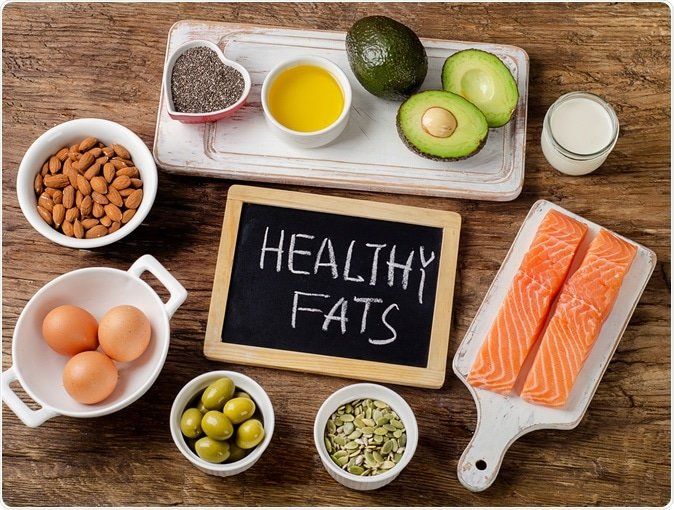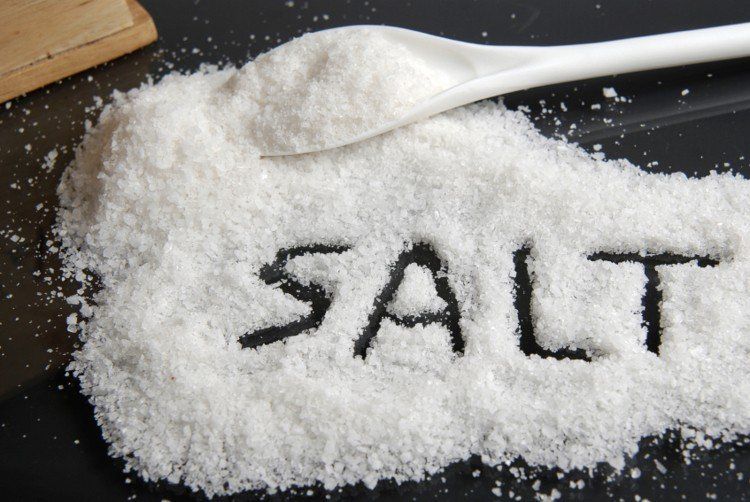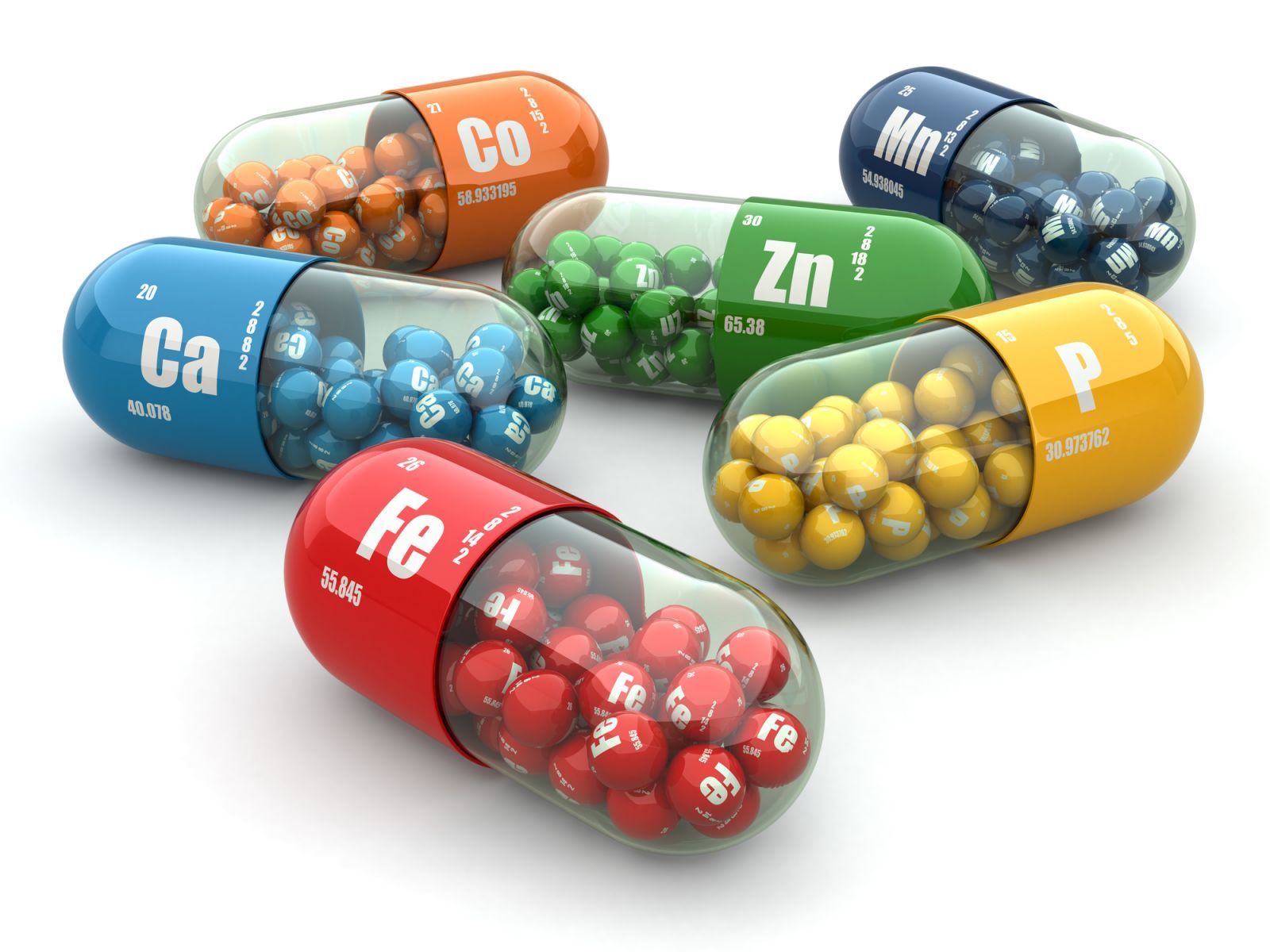Let's talk fats!
There are two types: saturated - which are usually sold at room temperature and mostly found in animals; and unsaturated - which are usually liquid at room temperature and mostly found in plant foods.
• Saturated fat is the less healthy type of fat, and is found in:
- butter, ghee and lard;
- coconut and palm oil – although they're from plants, they're high in saturated fat;
- red and processed meat;
- cakes, biscuits and pastries;
- high fat dairy foods (cheese, cream, ice cream, whole milk) .
• Unsaturated fats are the healthier fats, and are divided into 2 groups:
- Monounsaturated fat – found in vegetable (rapeseed, sunflower) and olive oils, avocado;
- Polyunsaturated fat – found in walnuts, chia and flax seeds as well as in their oils, oily fish (salmon, mackerel, herring). Oily fish is a great source of long chain omega-3 essential fats, which are great for a healthy heart and blood pressure.
Key Message: Limit your intake of saturated fat as it can increase the amount of “bad” cholesterol in the blood. Choose unsaturated fat instead of saturated as it is better and can reduce “bad” cholesterol and increase “good” cholesterol in the blood.













